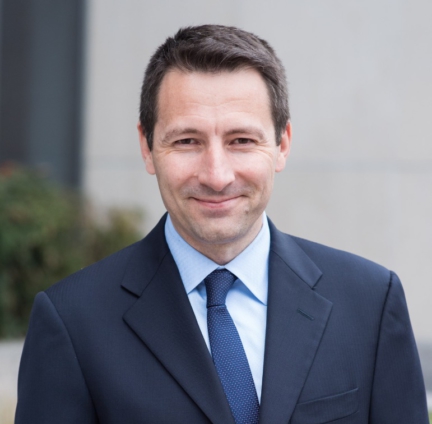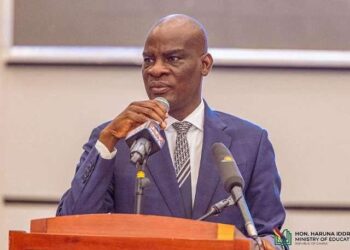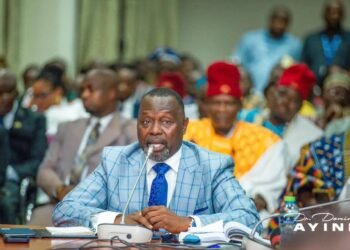An International Monetary Fund (IMF) staff team, led by Stéphane Roudet, mission chief for Ghana are expected in Accra to begin discussions from today, Thursday, December 1, 2022 through to December 13, 2022 to continue discussions with the authorities on the country’s post-COVID program for economic growth and associated policies and reforms that could be supported by a new IMF lending arrangement.
The Fund disclosed in a statement that the IMF staff will also engage with other stakeholders during the visit.
Ahead of the visit, Stéphane Roudet stated that the team has already had productive discussions with the Ghanaian authorities over the last few months and looks forward to the engagement which commences today in Accra.

“Our objective for this visit is to make further progress toward reaching agreement on policies and reforms that could be supported by an IMF lending arrangement.
“The IMF remains fully committed to help Ghana restore macroeconomic stability, bring relief to Ghanaians in this time of crisis, and lay the foundation for more inclusive growth.”
Stéphane Roudet
In its latest Frequently Asked Questions (FAQ), the International Monetary Fund indicated that it is premature to comment on the final form the financing programme for Ghana will take. According to the Fund, the IMF Executive Board will now decide the level of access (credit amount) and the final programme design.
“The previous arrangement with Ghana was a three-year Extended Credit Facility (ECF) in 2015-2018, which was extended to April 2019. However, since negotiations are ongoing, it is premature to comment on the final form the latest financing program will take”.
IMF
The Bretton Woods Institution iterated that the goal of the government’s economic programme, which would be supported by IMF financing, is to restore macroeconomic stability and ensure debt sustainability, support the credibility of government policies, restore confidence in the central bank’s ability to manage inflation and rebuild foreign exchange reserve buffers to make the economy more resilient to shocks.
“Specifically, in the fiscal sector, an important policy objective would be to increase revenues, critical for debt sustainability while safeguarding spending on health, education, and social protections.”
IMF
Sustainability of government finances
Commenting on whether Ghana needs debt restructuring, the IMF noted that when an IMF member country requests financing, the Fund assesses whether the country’s policies are consistent with debt sustainability.
The Institution clarified that this assessment is based on a Debt Sustainability Assessment (DSA) conducted jointly by the IMF and World Bank to determine whether the government is able to meet all its current and future payment obligations.
The last DSA published in the 2021 Article IV Staff Report concluded that: “Public debt was sustainable, conditional on a rigorous and credible implementation of the authorities’ medium-term consolidation plan to put debt on a declining trajectory and ensure continued market access”.
In its recent 2023 budget statement, the government assessed the public debt as unsustainable over the medium term. In this regard, the government announced its intention to conduct a debt operation to ensure debt sustainability, the IMF stated.
The Fund noted that it welcomes the authorities’ intentions to implement policies that will ensure the sustainability of public finances. It however, noted that the nature of engagements and debt operations between Ghana and its creditors are sovereign decisions.
READ ALSO: Recycling Waste Should Be Done More Than Resorting To Landfill Method- STRANEK Africa



















